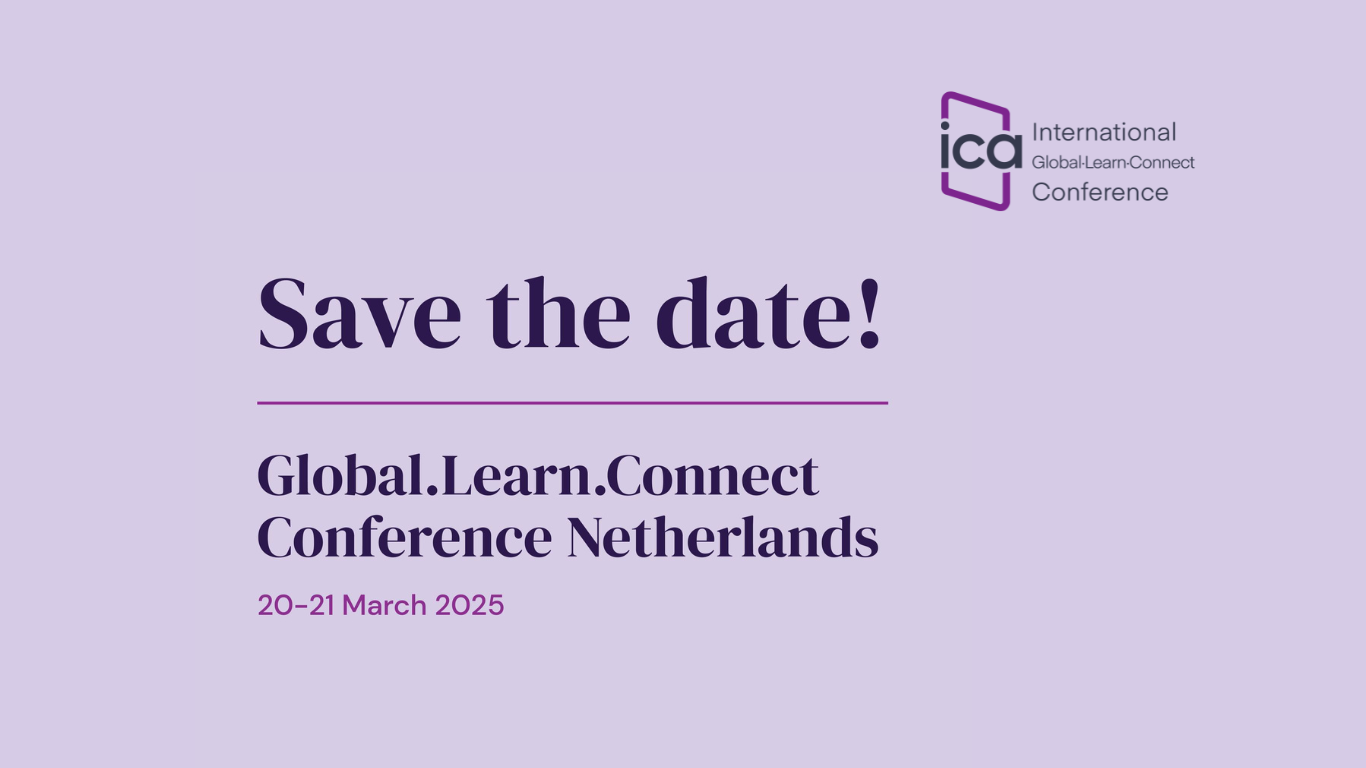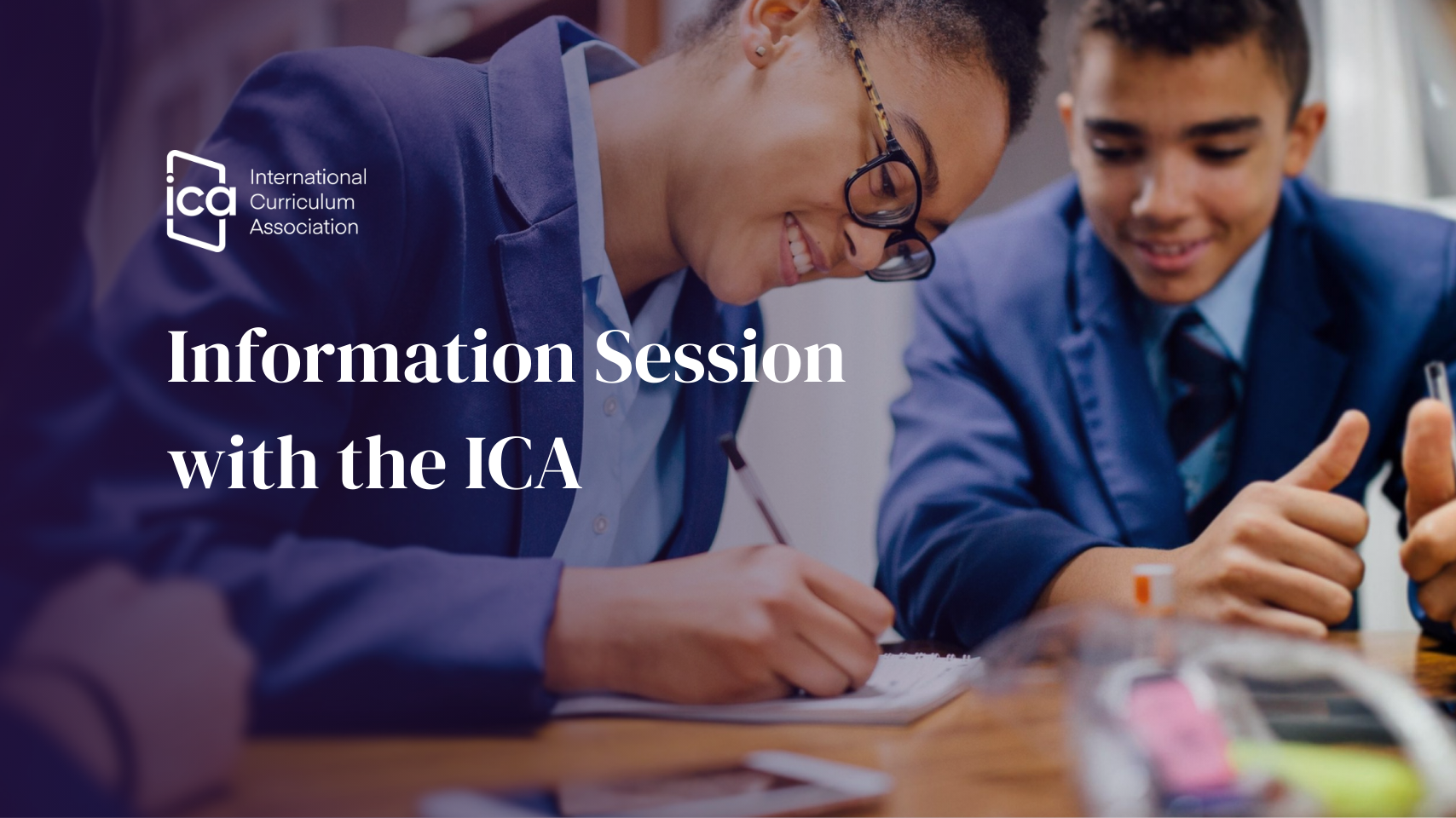We recently had the pleasure of speaking with Kelli Jernigan, a teacher at the International School of Bremen in Germany. Her school has been implementing the IPC since 2003 and she has been there for a year and a half. She was keen to share with us the journey they have been on to embed Personal Learning Goals from the IPC into the school. Here’s what she had to say!
We are located in Bremen in northern Germany, not too far from Hamburg. Our school offers education from early learning through to grade 12. We use the IPC and IMYC and our students then go onto the IB. We currently have around 350 students.
Bremen is a really internationally orientated community, partly through big companies choosing it as a Headquarters location. The school was founded in 1998 to support the needs of this international community and because of this we have many children from lots of different countries. We offer specialist language instructions and all our students learn German, although this is differentiated to the native German class and taught at a 2nd language level. We also offer after school clubs for a variety of other languages.
We were doing the Personal Learning Goals (PLGs) at school but then two teachers went on IPC training and brought back all these new ideas for how they wanted to change them. They got the staff together and did an ideas roundtable, which led to the idea of a mascot – we have one for early learning called Ali and one for primary called Astro.
They took things from the community to make the mascot, Bremen is known as a space city, hence Astro being an astronaut. He is a focal figure in every room. He aids the children through the journey of discovering the PLGs. It works really well, the kids love it. A teacher designed the basic outline, then the children got involved in colouring. When we start the year, they get involved in where it’s positioned in the class.
In the last year and a half since I’ve been there the journey has continued. We now do a Personal Learning Goals certificate every month and this is celebrated in an assembly. Two students get recognised for the effort they are putting into PLGs and these students get a special mention in a newsletter.
In my classroom I display the Personal Learning Goals with an image for each one and a character that students can relate to. For example, we’ve linked Harry Potter to morality. When I see children displaying a particular PLG, they write their name on the relevant one and when everyone’s name is on it, we have a treat.
Also in every room, we have a PLG post-box. Students can write names of other students that have displayed a particular goal. Then on a regular basis, teachers will go through and celebrate those students and their learning.
Every grade is responsible for a PLG, last year my class had cooperation – we rolled this out in assembly. We did a play and wrote a script about cooperation. All of the grades assemblies have been so interesting, there has been music, dancing and theatre. They’re all really creative and have allowed the students to think deeply about each one of the goals. It’s all very student driven which really helps them enjoy their learning.
Parents are involved and this is really important to us – we have sent a Personal Learning Goal letter to all parents to make sure everyone understands why we focus on it. Because it is such a big part of everything we do here, it’s important they know about it. We also refer to it during parents’ evenings, and the PLGs poster is available to see in all classes.
We explain this in a letter to the parents, part of which is below -
“The goals are integral to the ethos of the IPC and a tool for assessing the way in which the children are learning. Astro is intended to aid the children through the journey of discovering the Personal Learning Goals.”
In summary, PLGs are part of everything we do and we look for it constantly in students. The whole school community are used to using the vocabulary and we use it as staff when chatting to each other.
I think the PLGs are transformative in the classroom because they help students make the right choices and guide them on their learning journey.


.png)
